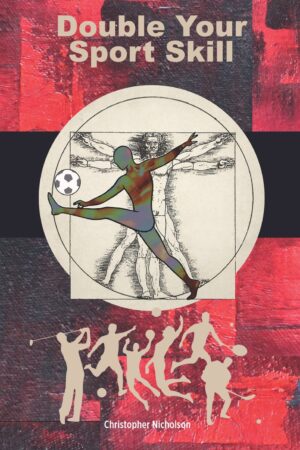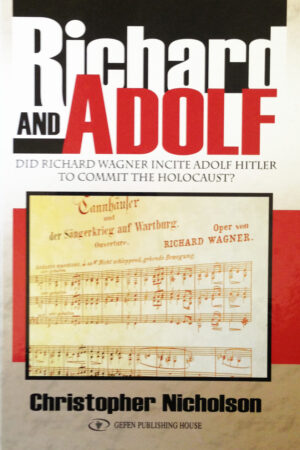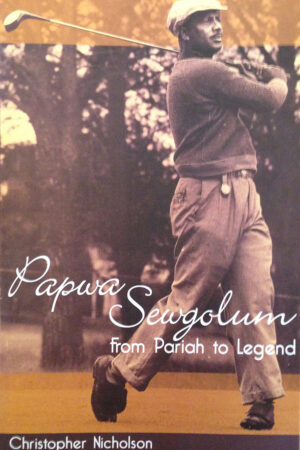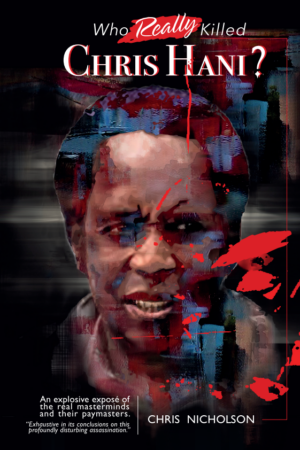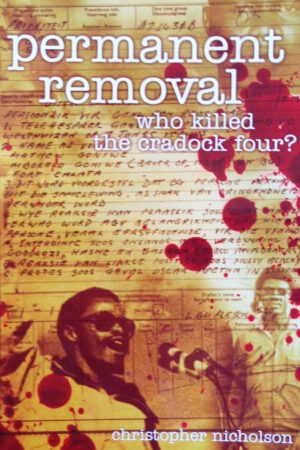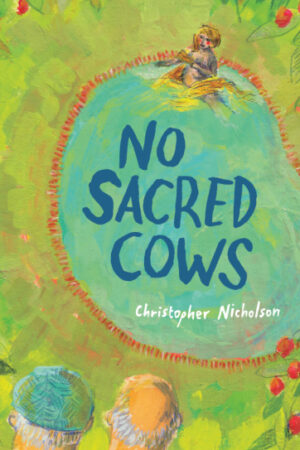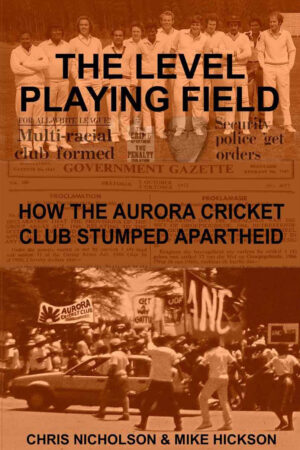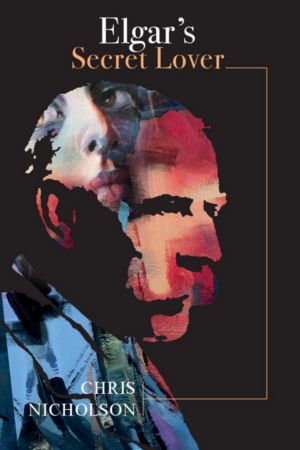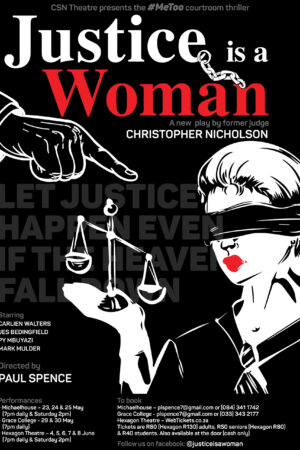One Hand Washes The Other
Please note: This is a downloadable PDF Ebook and not a physical book.
When Thandi Dladla undertakes to coach a young soccer team in a rural school in South Africa she little realizes how it will change her life. When levelling the terrain to make a field she discovers two skeletons which reveal how ninety percent of people became right-handed.
This leads Thandi on a journey of discovery which helps her not only to coach her team to success but also to find the murderer of her father, a university professor who fought the Apartheid regime. Because of an obstructive police investigation her brother decides to take the law into his own hands and revenge the killing of his father.
As she unveils the clues to the identity of the murderers she learns about the involvement of the State Security Council, a sinister Apartheid body accountable to none that planned and executed the deaths of countless black activists.
She also discovers the origins of handedness, the role of the left and right brain in human conduct and the genesis of evil in the world. Her coaching methods in soccer, including encouraging every player to become equal footed, challenge many existing practices and she discovers how to teach her team and students to surpass their previous achievements. Her struggle with the Catholic headmaster explores the influence of religion in society and its juxtaposition with science and witchcraft.
In a thrilling series of twists the denouement reveals the dark underbelly of South African society.
Please note: This is a downloadable PDF Ebook and not a physical book.
R150,00
Description
Dennis Claude Distinguished Academic (retired) of University of KwaZulu-Natal
The author must be congratulated on an outstanding achievement. The book covers so many aspects of our society and I was deeply involved from beginning to end; and what an end! As a slow reader the characters accompanied me from Monaghan to Kimberley Club to Prince Albert, over the Swartberg, finally leaving me sobbing in Stanford.
A review by Sarah Frost of KZN Literary Tourism
I judge the novel as basically a successful one, evincing hard work and dedication on Nicholson’s part… His themes are fascinating. Throughout the book author plays the idea of traditional African religion off against Western religion. His intricate descriptions of Zulu belief reveal a deep knowledge of this culture. Thandi Dladla, his protagonist, interacts with a sangoma, who advises her on how to find out more about the mysterious death of her father, a University professor who fought the Apartheid regime. Even the Catholic headmaster of the staunchly Christian Elmwood School where Thandi teaches, Father Zungu, bows to this same sangoma’s authority in some matters. Wanting his soccer team to win against its main opponents very badly, he orders a potion from the sangoma and gives it to his team to drink. ‘There was also a practical side to Father Zungu that evaluated the consequences of his gamble with black magic. What harm could come of it? If the concoctions worked then he would be the benefactor of its mysterious powers. If it failed then he would have to rely on Thandi Dladla and her theory’. Then there is Pumaphe Gumede, the villain of the story, who believes both in God and African traditional religion, deciding to attack Thandi who has blocked him in his political ambitions in the past, by referring to a quote from the Bible ‘his eyes lit up when he looked at the book of Exodus Chapter 22 Verse 18. Now that was the sort of advice that made real sense … ‘thou shalt not suffer a witch to live’.
… For this reader, Nicholson’s well-researched book opened a door into the history of an established theory I had not even really been aware of. It is an unusual passion: and he does it justice by fictionalising the complex debates it stirs up. Nicholson is also aware of the patriarchal underpinnings of our South African society: exploring the exclusion of girls from mainstream school soccer, and writing to show he believes that they should be participating more in this sport. Thandi is involved with a woman for a while, before finding love with a white man – ironically the man responsible for the death of her father (although she does not know this). In so mapping her romantic trajectory Nicholson shows himself open to previously frowned upon sexualities.
What I liked most about this book is that it shows how well-integrated Chris Nicholson is with the intricate multi-cultural society that exists in KwaZulu-Natal, the site of his novel. He evinces a real understanding of Zulu, Indian, and European mindsets, and of the heaving and convoluted political landscape of post-apartheid SA…
A review by Shirley de Kock Guellerin the Cape Times,16 August 2013
A modern tragedy, a contemporary and a contextual one for South Africans, this is an intelligent novel. Nicholson has used all the elements that make up today’s South Africa to produce a story that brings so many different kinds of people, situations, historical horrors and racial tensions into one story that you cannot help but think, wow. This is us, sangomas, prophesies, classical music and all. With football as a leveller, Nicholson uses the female coach/music teacher as a foil to the sparks that fly, enlightening many of us in the brain’s hemispheres and the ambidexterity that helped make giants like Pelé and Michelangelo great, the African potato and garlic treatment that cost many lives, and the TRC that brought so much anguish to some and relief to others.

